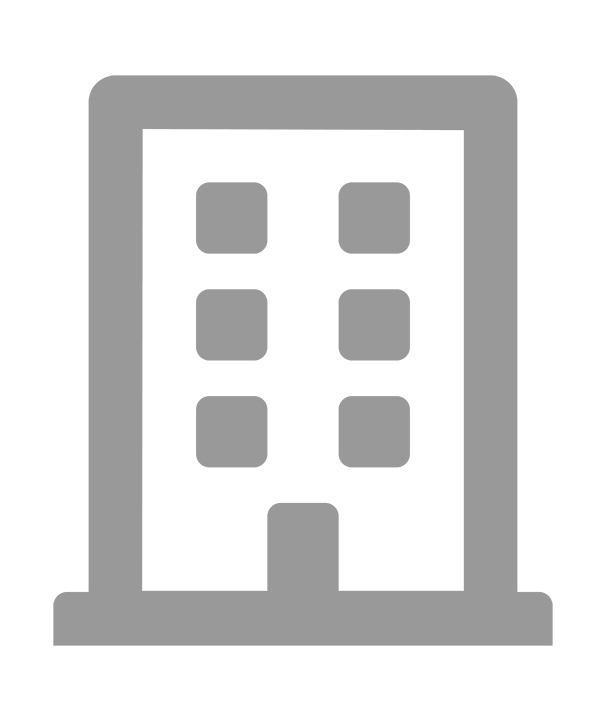
LifeSkills Development Foundation
Joined July 2012
LifeSkills Development Foundation exists to develop youth sports and integrating hygiene, health and sanitation awareness and promote local entrepreneurship development and training.
LifeSkills Development Foundation (LSDF) is a registered Non-Governmental Organization (NGO) with Registrar of Companies and was established in 2010. With its main operation in Lusaka, Zambia LSDF targets young people and provides sport opportunities, entrepreneurship training and Water, Sanitation and Hygiene (WASH) programs. LSDF views life skills as skills as essentially those abilities that help promote mental well-being and competence in young people as they face the realities of life.
LSDF focuses developing the following core basic skills:
a) Critical thinking skills/Decision-making skills – include decision making/problem solving skills and information gathering skills. The individual must also be skilled at evaluating the future consequences of their present actions and the actions of others. They need to be able to determine alternative solutions and to analyze the influence of their own values and the values of those around them.
b) Interpersonal/Communication skills – include verbal and non-verbal communication, active listening, and the ability to express feelings and give feedback. Also in this category, are negotiation/refusal skills and assertiveness skills that directly affect ones’ ability to manage conflict. Empathy, which is the ability to listen and understand others’ needs, is also a key interpersonal skill. Teamwork and the ability to cooperate include expressing respect for those around us. Development of this skill set enables the adolescent to be accepted in society. These skills result in the acceptance of social norms that provide the foundation for adult social behavior.
c) Coping and self-management skills refers to skills to increase the internal locus of control, so that the individual believes that they can make a difference in the world and affect change. Self esteem, self-awareness, self-evaluation skills and the ability to set goals are also part of the more general category of self-management skills. Anger, grief and anxiety must all be dealt with, and the individual learns to cope loss or trauma. Stress and time management are key, as are positive thinking and relaxation techniques.
